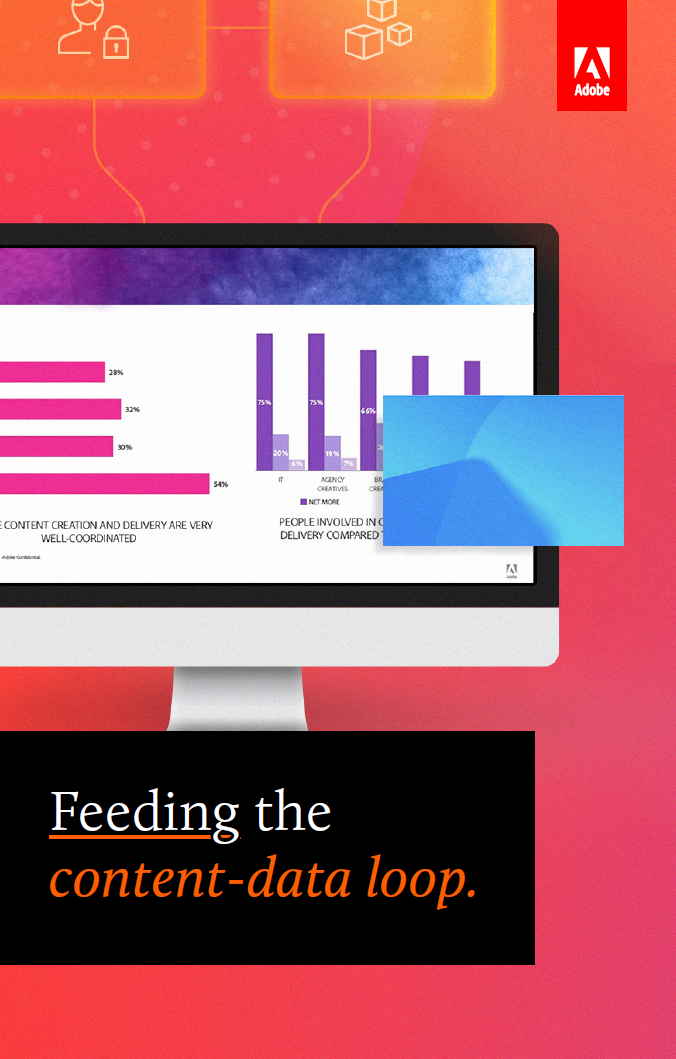Health sites are 'unlawfully' sharing medical data with Facebook and Google
Irish DPC warns that tracking allows sensitive information to be shared with major internet firms


Sign up today and you will receive a free copy of our Future Focus 2025 report - the leading guidance on AI, cybersecurity and other IT challenges as per 700+ senior executives
You are now subscribed
Your newsletter sign-up was successful
Health-related websites are embedded with third-party trackers and cookies that may be leaking users’ sensitive medical data to internet giants for advertising purposes.
Special category data, such as the details of illnesses or conditions a user may search for on healthcare websites, are being shared with parties such as Facebook and Google, according to the Irish Data Protection Commission (DPC).
This transfer of data is either done through the use of explicit user profiles of logged-in customers, or through predictive profiles based on unique identifiers. This, a report by the regulator suggests, is being done without a lawful basis.
The DPC refrained from mentioning any particular company but noted a few prominent examples of bad practice.
Health insurers, for example, were found to use advertising and targeting cookies, including cookies set by the Google-owned DoubleClick. Another health-related site used targeted cookies, with cookies used to send users relevant ads when they visited other sites.
The Irish DPC conducted a desktop examination of a slither of organisations - 38 in total - to assess whether they were complying with data protection regulations around advertising and user consent.
Each website was examined in a clean browser, and assigned a green, amber, or red rating depending on their level of compliance. Two organisations were awarded a green rating, with one achieving a borderline green to amber rating. While 20 were given an amber rating, three received a borderline amber to red grade, and a staggering 12 achieved red.
Sign up today and you will receive a free copy of our Future Focus 2025 report - the leading guidance on AI, cybersecurity and other IT challenges as per 700+ senior executives
Data controllers in the media and publishing, the banking and finance and health insurance sector had a significant level of third-party trackers, including advertising trackers which track users across the web.
One controller, alarmingly, had 150 third-party trackers as well as dozens of third-party analytics cookies set without consent.
The Information Commissioner’s Office (ICO), the Irish DPC’s UK counterpart, had previously expressed its deep concerns over reports that some of the most popular health websites were sharing sensitive data with advertisers.
RELATED RESOURCE

Feeding the content-data loop
Like data, content must be well-managed, trustworthy, and secure
A Financial Times (FT) probe of 100 prominent health sites found that tracking cookies are embedded in users’ browsers without explicit consent to allow third-party companies to track users while they surf the web. This data is then transmitted to advertising platforms.
The ICO has also conducted its own examination of the multi-billion pound adtech industry and published a report in June 2019 highlighting several issues around data protection violations, particularly around the concept of real-time bidding (RTB).
Companies in this space are openly violating standards set out under the General Data Protection Regulation (GDPR) and the UK’s Data Protection Act 2018.
Data rights campaigners have threatened to take the ICO to court, however, over its lack of action given the scale of violations that its investigators have exposed.

Keumars Afifi-Sabet is a writer and editor that specialises in public sector, cyber security, and cloud computing. He first joined ITPro as a staff writer in April 2018 and eventually became its Features Editor. Although a regular contributor to other tech sites in the past, these days you will find Keumars on LiveScience, where he runs its Technology section.
-
 Pulsant unveils high-density data center in Milton Keynes
Pulsant unveils high-density data center in Milton KeynesNews The company is touting ultra-low latency, international connectivity, and UK sovereign compute power to tempt customers out of London
-
 Anthropic Labs chief claims 'Claude is now writing Claude'
Anthropic Labs chief claims 'Claude is now writing Claude'News Internal teams at Anthropic are supercharging production and shoring up code security with Claude, claims executive